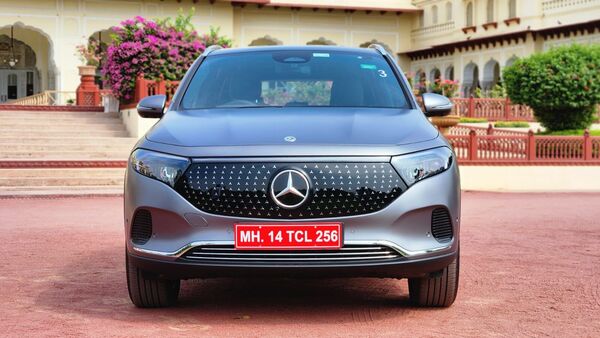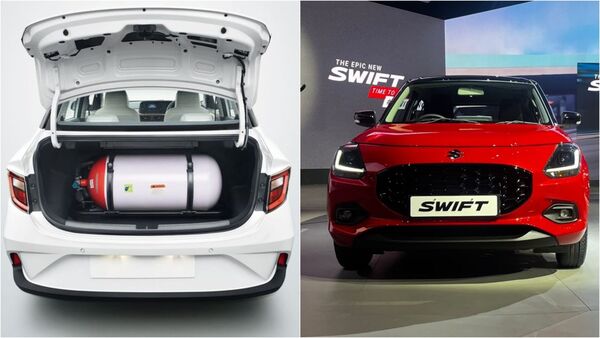
Petrol vs CNG: Ultimate dilemma for budget-conscious buyer decoded
2 days ago | 19 Views
There has been a rapid rise in Compressed Natural Gas (CNG) vehicle options in recent years. With fuel prices rapidly increasing and electric vehicles still being inaccessible, CNG passenger vehicles are being seen as viable alternatives that offer low running costs to customers. This is especially true for buyers looking at environmentally friendly solutions for personal mobility.
Over the past few years, there has been a surge in demand and sales for cars powered by CNG. While CNG car sales have been dominant in the small to mid-size passenger vehicle segments, the fuel option is now available in larger SUVs as well. CNG is also seen as more cost-effective alternative to diesel engine, especially on small cars. If you’re in the market for a new car and can’t decide which one to choose between petrol and CNG, we list out the differences between buying either fuel option.
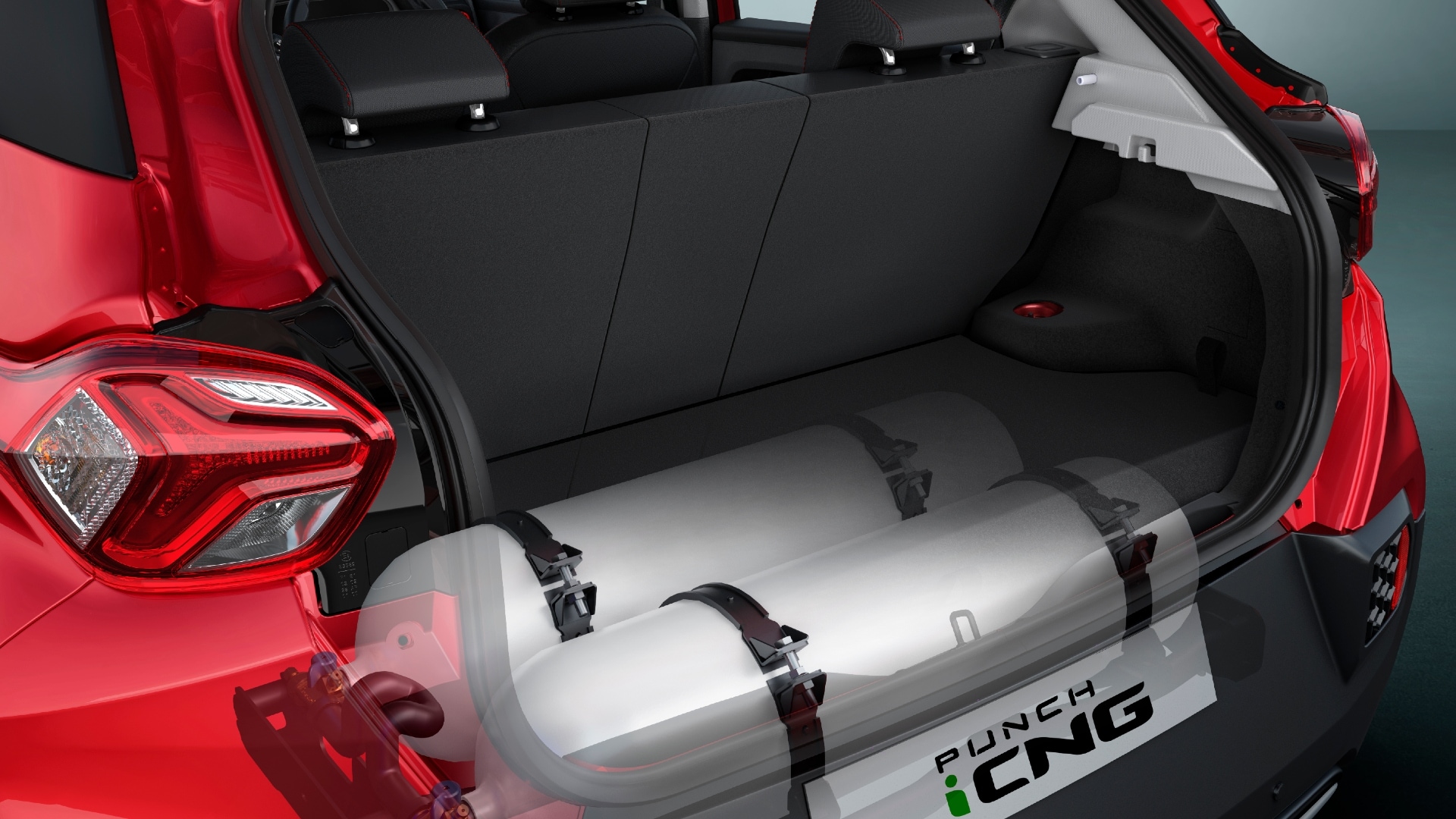
Petrol vs CNG: What’s fundamentally different?
Most factory-fitted CNG vehicles are identical versions of their petrol counterparts. While the petrol-powered have a single fuel source, CNG-powered vehicles have dual fuel option - petrol and CNG - which can be changed at the flick of a switch. Most CNG vehicles are targeted at fleet buyers due to their exceptionally low running costs but high fuel prices have shown a new-found acceptance among private buyers for CNG vehicles.
For the most part, CNG cars are offered only in lower variants in a bid to entice fleet buyers with a lower acquisition cost, but the trend is changing with manufacturers like Tata Motors offering CNG powertrains on the fully loaded variants too. In fact, the Indian auto giant is the only player to offer an automated manual transmission (AMT) on its CNG cars, a trend we expect to catch with other OEMs as well. Do note that Maruti Suzuki has the largest CNG range in the country, while Hyundai has some decent options as well.
CNG vehicle owners also have to contend with the lack of a usable boot due to the addition of a CNG tank. While there have been recent innovations around this space with Tata’s dual-cylinder technology, it is less space when compared to petrol cars.
Petrol vs CNG: Which one to choose for performance?
CNG-powered cars have their engines detuned to make them more compatible with the fuel option. As a result, CNG cars tend to make lesser power and torque over their petrol counterparts. The power drop isn’t too dramatic and gets the job done. However, if you are looking at performance from your vehicle, the sluggish nature of CNG cars will be a bane. It depends on what you prioritise more, performance or efficiency?
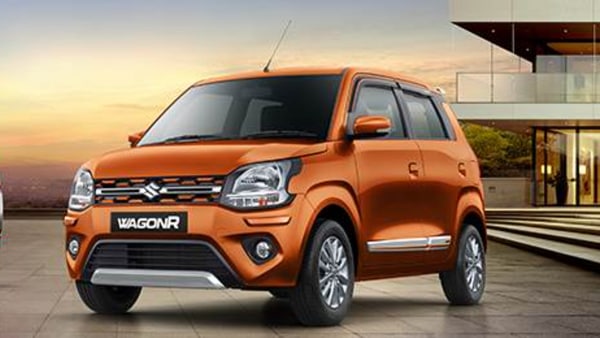
Petrol vs CNG: Which one is more cost effective?
Petrol tends to have a higher price compared to CNG, resulting in increased running costs for petrol-only vehicles. The acquisition cost for petrol cars is lower than CNG models but it turns out to be expensive in the long run. Moreover, maintenance expenses are also lower for the petrol vehicles.
The advantage of having more petrol refuelling stations benefits petrol vehicles. On the other hand, CNG cars offer lower running costs due to the option of driving in CNG mode for better fuel economy. However, the upfront costs for a comparable CNG car would be around ₹50,000-60,000 more. The maintenance costs are also higher due to the complex technology combining both petrol and CNG mechanisms. The lack of CNG refilling stations as compared to petrol also poses a challenge for the vehicles.
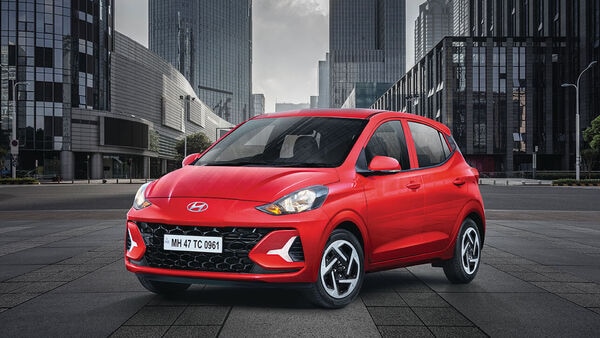
Petrol vs CNG: Which one to choose?
Petrol-powered vehicles are state-of-the-art and certainly have their fair share of benefits including better performance, NVH levels, more features and a high prestige quotient. Nevertheless, CNG cars are simply easy on the pocket. That’s what they’ve been designed to do and they do it well. It then depends on what you require from your vehicle. A CNG car may not be the ultimate aspiration but its cost effectiveness is too valuable to ignore.
This is certainly true if you tend to travel long distances and looking to dramatically reduce your fuel bills. A CNG car will keep it easy on the pocket without too much of a premium in its acquisition price over a similar petrol car. On the other hand, a petrol vehicle definitely brings a certain convenience with its low cost of maintenance and better performance that does make the journey more enjoyable.
You are also likely to get more features on a petrol vehicle over its CNG alternative, although the trend there seems to be changing. Make sure to test drive both cars based on your needs before coming to a conclusion.
Read Also: electric vehicles go local, tier 2 and 3 cities fuel india's ev growth
#

